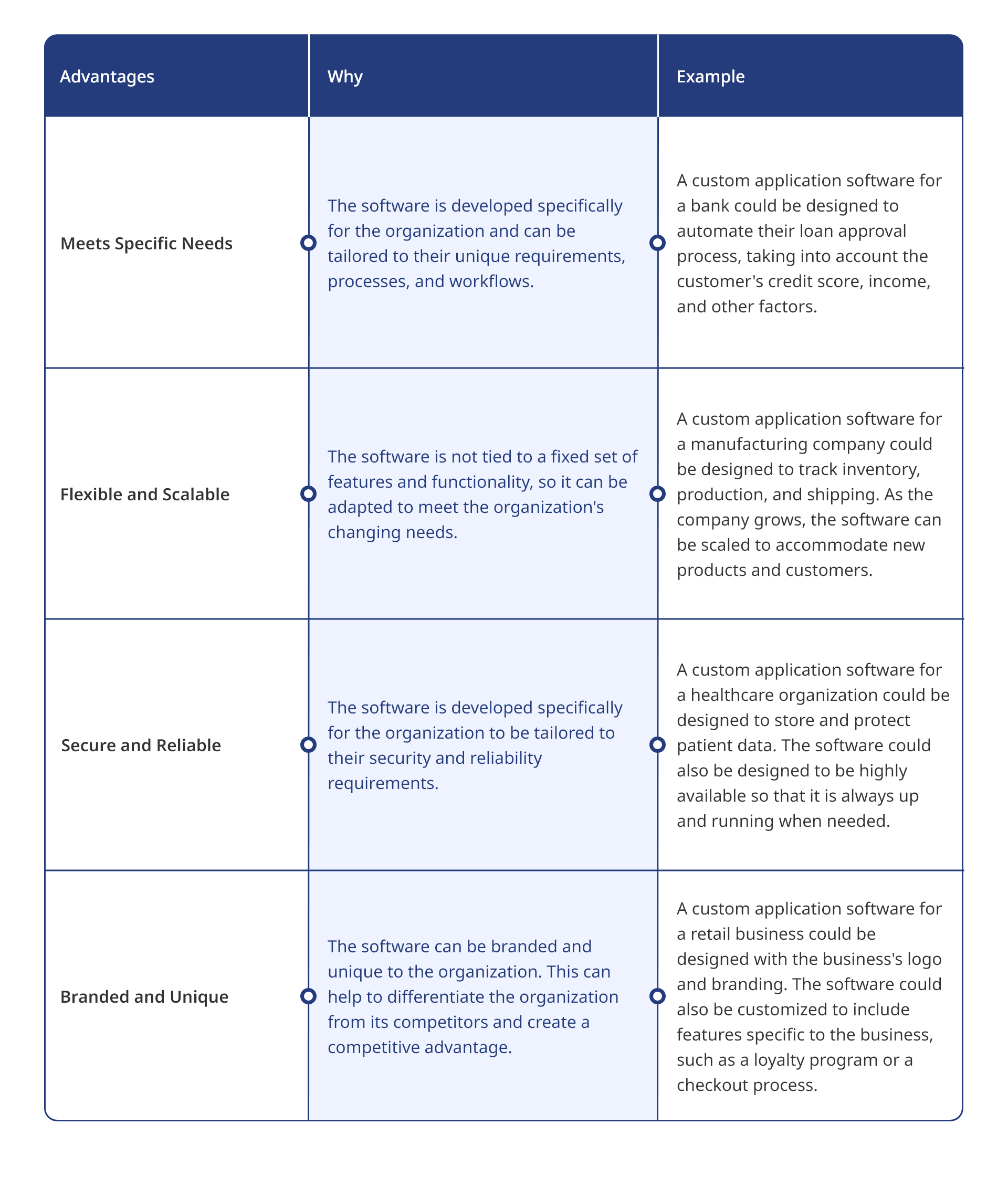In astounding statistics by Statista, the revenue in the application development software market is projected to fuel from US$167.0 billion in 2023 to US$234.7 billion by 2028. This represents a CAGR of 7.04%. The increasing demand for custom software applications is driving the growth. Businesses are looking for software applications to help them improve their efficiency, productivity, and customer experience. There are two main options for application development: Bespoke Software Development and Off-The-Shelf Software. Custom software, also known as custom software development, is custom-built to meet an organization's specific needs, while off-the-shelf software is mass-produced and designed for a wide range of users. The choice of approach depends on several factors, including budget, industry type, features, and end-users. The best application development method relies on an organization's specific needs. In continuation to this, we have summarized the key differences between bespoke software and off-the-shelf software:

